The Delhi high court on Monday allowed the admission to 18 Christian candidates in the BA programme course offered by St Stephens College saying that their allocation by the college was as per the seat matrix and in conformity with the 5% excess allocation policy.

A bench of justice Swarana Kanta Sharma allowed the students to attend the classes from Tuesday.
The court was responding to a plea filed by St Stephens seeking directions to the Delhi University (DU) to approve and upload the list of 19 Christian candidates forwarded to it by the college and open the fee portal.
The college had claimed that despite having completed interviews and forwarded its list of Christian minority students to the university on August 24, the university has failed to upload the names of 19 selected students or open the fee payment portal on the Common Seat Allocation System platform. While the university had contended that the college was attempting to make adjustments to the seat matrix after the commencement of the admission process which was impermissible.
In its petition filed through advocate Kartik Venu, the college stated that the delay in opening the fee portal interfered with its right to admission enshrined under Article 30 of the Constitution of India.
Chacko contended that the college, being a minority institution, could alter the seat matrix and allocate Christian students within the 13 BA programme by treating it as a single unified programme, as per its choice. The senior counsel also asserted that the actions of the college were covered under article 30 of the Constitution of India, which confers the fundamental right of a college to establish and administer minority educational institutions, including the right to select students for admission.
To be sure, the high court held on September 6 that the 13 BA programmes offered by the varsity were “distinct”, having a different seat matrix, and that the policy would also be extended to the Christian quota students.
Opposing the stand, advocate Mohinder JS Rupal, appearing for DU submitted that Article 30 did not confer absolute powers upon a minority educational institute. The varsity’s counsel also contended that DU’s Under-Graduate Curriculum Framework, which provided for BA Programmes as courses of two disciplines i.e. Discipline A + Discipline B, was based on National Education Policy 2020 and that all colleges affiliated to the varsity were following the policy from 2022.
Rejecting Stephen’s contention, justice Sharma, in her 32-page verdict, said that the college being an aided minority educational institution could not claim to have “absolute unbridled powers” to exercise discretion against the policies framed by the university to which it is affiliated. The court also held that both the college as well as the varsity are required to follow the seat matrix sans any deviation.
“This court is of the opinion that St Stephens college being an aided minority educational institution also cannot claim to have absolute unbridled powers to exercise discretion against the policies framed by the university to which it is affiliated. Thus, the contention raised by the college that it can alter the seat matrix and allocate Christian students in these 13 BA programmes as per their choice, though at the time of allocation of seats and drawing of seat matrix, different seat matrix had been posted by the college voluntarily on the website of the university on the ground that these are only 13 different combinations in one single programme and since they are minority institute, they can unilaterally deviate from the seat matrix has to be rejected,” the court maintained.

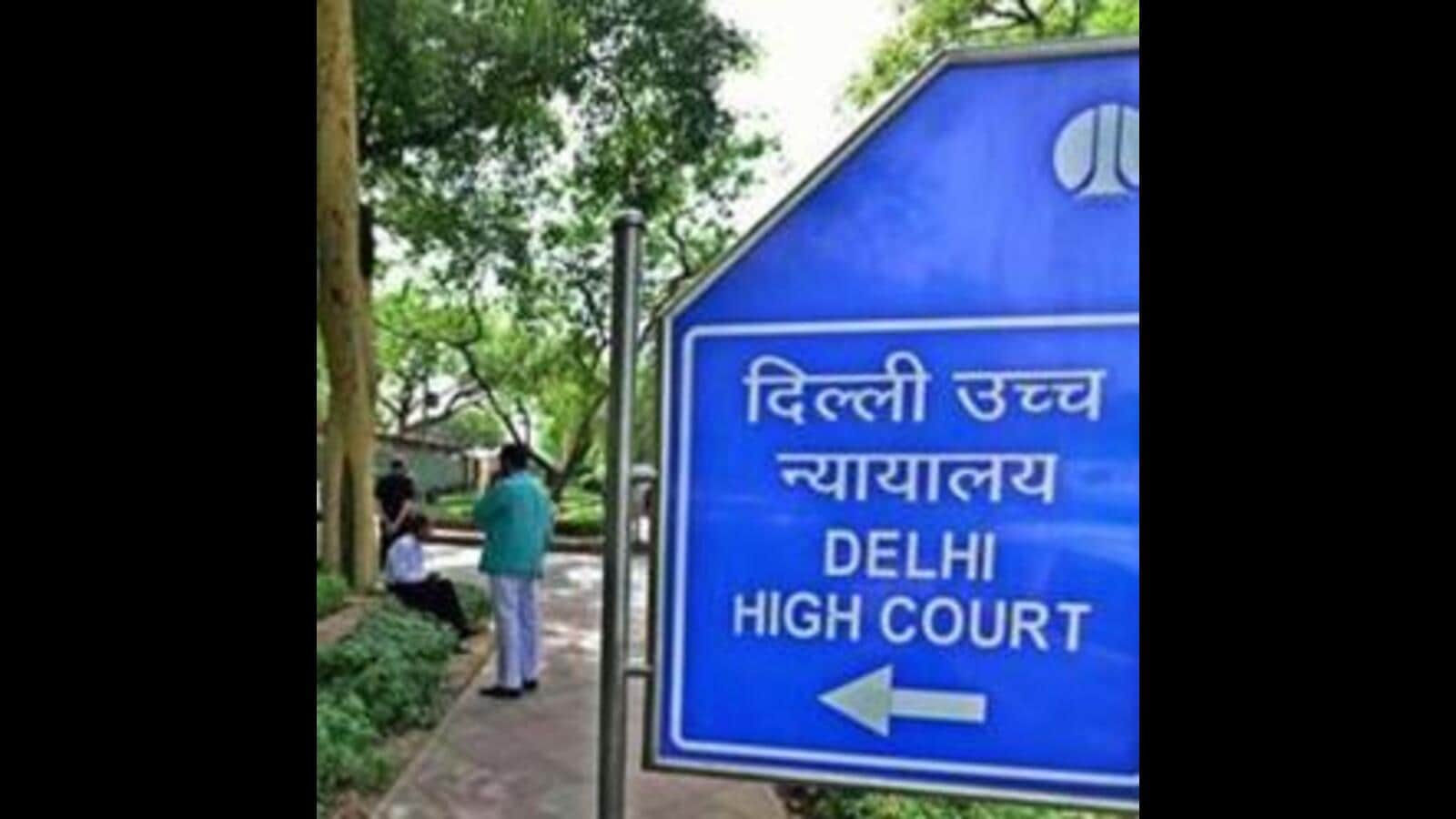

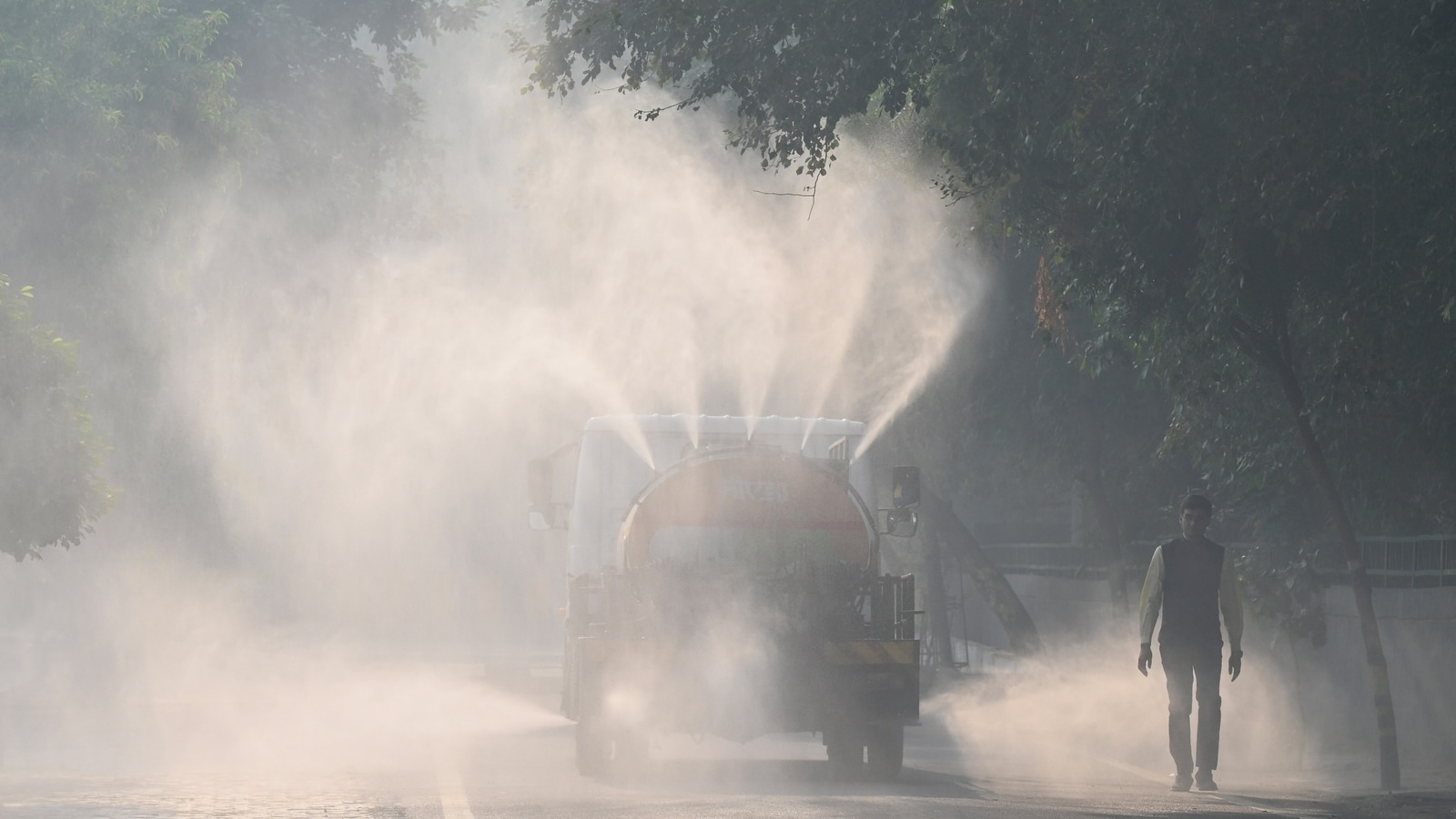


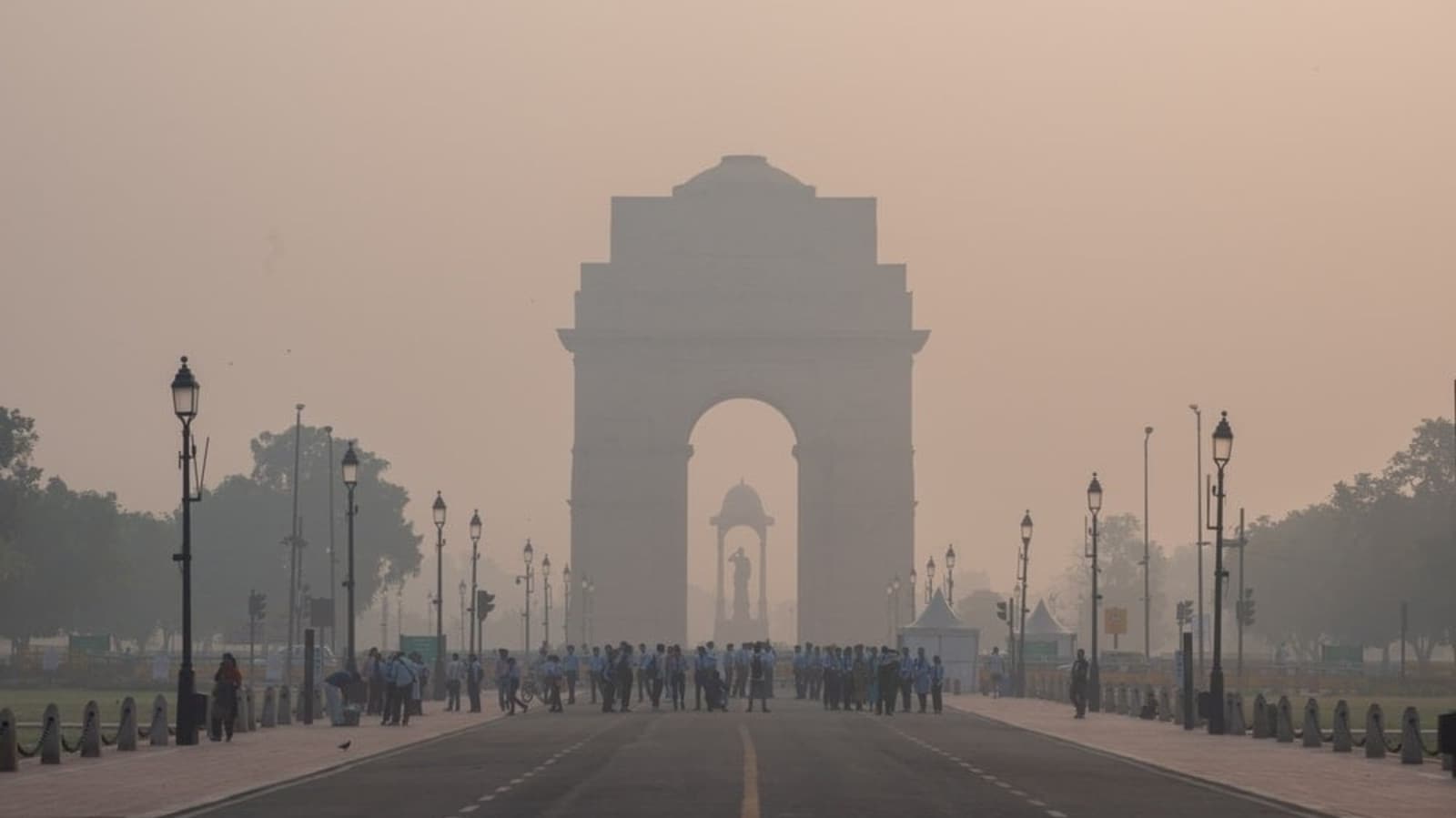

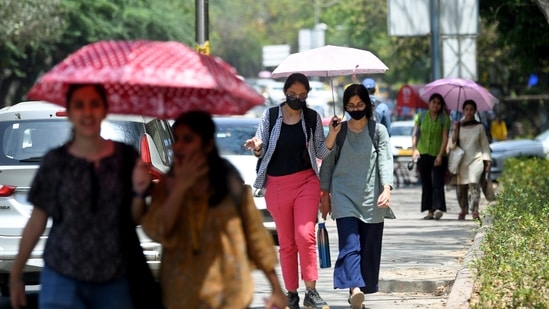
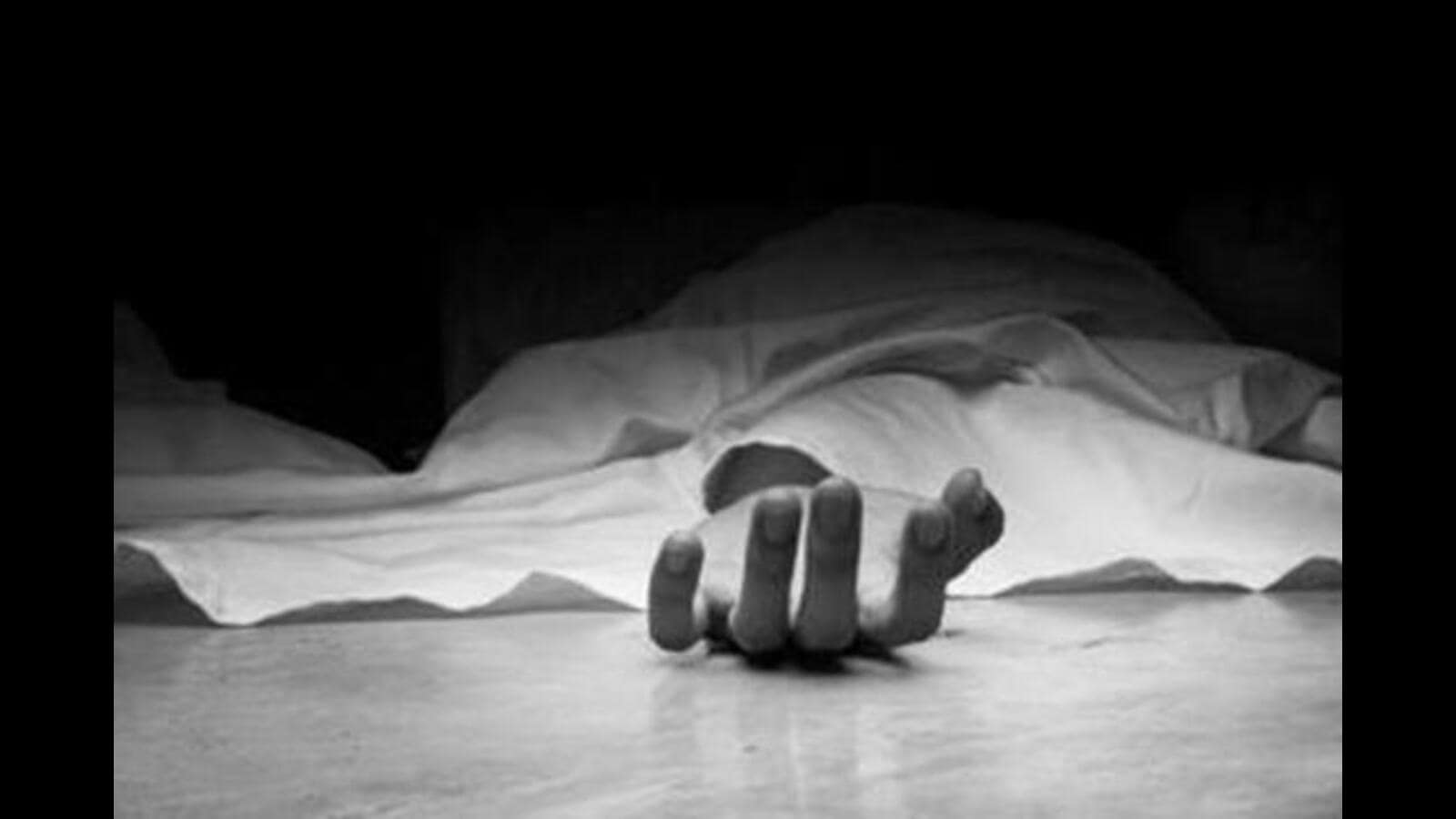

Leave a Reply